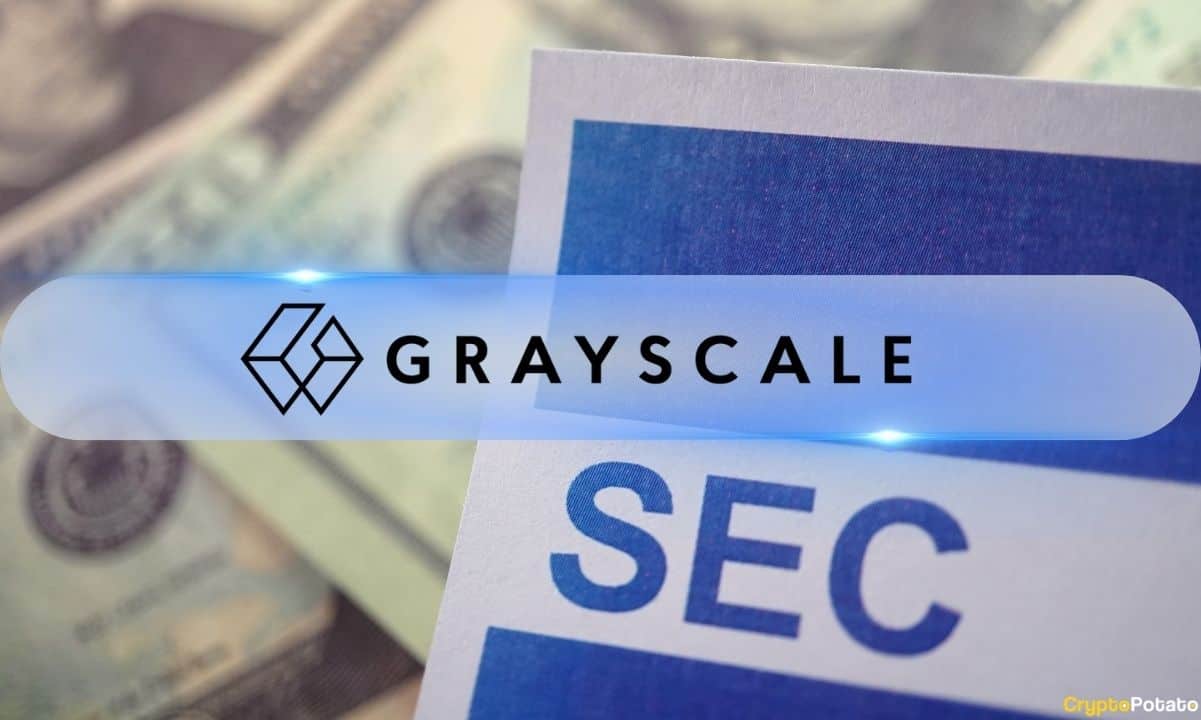JPYC Launches the World’s First Yen-Backed Stablecoin in Japan
JPYC, a Japanese fintech startup, on Monday launched the self-titled JPYC (JPY coin)—the world’s first yen-backed stablecoin.
X post.
Stablecoins continue to play an important role in global crypto adoption, mainly because they offer consistency in a largely unpredictable cryptocurrency market. TRM analysis shows stablecoins accounted for 30% of all crypto transactions between January and July 2025.
Per Reuters, JPYC plans to establish its presence in the growing market by issuing 10 trillion yen ($66 billion) worth of JPYC over the next three years. Backed by government bonds and domestic savings, the fintech startup, with hopes of seeing wide adoption of the coin overseas, won’t charge transaction fees at launch, instead earning revenue from the interest on its bond reserves.
While U.S. dollar–backed stablecoins currently dominate the market—accounting for over 99% of global supply, according to the Bank for International Settlements—the introduction of a yen-based alternative could shake things up. Still, as a former Bank of Japan executive told Reuters, yen stablecoins are unlikely to match the global reach of their U.S. counterparts, given the dollar’s status as the world’s reserve currency. \n
You May Also Like

SEC Approves Grayscale’s Digital Large Cap Fund for Trading

The Beijing Procuratorate announced a case of illegal USDT cross-border foreign exchange transactions involving over 1.1 billion yuan.
